Neurodiversity isn't merely another checkbox in the DEI framework; it represents an untapped pool of exceptional talent that brings unique perspectives, problem-solving approaches, and innovative thinking to the workplace. Traditional diversity initiatives often frame neurodiversity through the lens of compliance or social responsibility. This perspective, while well-intentioned, misses the transformative potential of neurodivergent talent. When we reduce neurodiversity to a matter of quotas or accommodation requirements, we overlook the competitive advantages that different modes of thinking bring to an organization.
.jpg)
In an era where innovation and adaptability determine market leadership, neurodiversity becomes a crucial source of competitive advantage. This reframing of neurodiversity demands a progression in how we approach DEI.
Consider the current recruitment paradigm: a system designed like a narrow funnel that systematically filters out extraordinary talent simply because they process information differently. Traditional hiring practices are essentially cognitive monocultures, demanding conformity over capability. We are effectively telling neurodivergent individuals—those with conditions like ADHD, autism, and dyslexia—that their unique cognitive architectures are problems to be solved rather than powerful assets to be cultivated.
The statistics are both shocking and illuminating. Over a billion people globally are neurodivergent, forming a vast reservoir of untapped talent. Yet, workplaces cling to outdated norms, ignoring this goldmine of creativity and innovation. Fifty-one percent of neurodivergent adults feel forced to hide their conditions during hiring—a damning indictment of systemic bias. This pervasive prejudice not only sidelines exceptional minds but actively stifles progress, depriving industries of the diverse perspectives crucial for innovation. Instead of punishing difference, it’s time organizations dismantle these barriers, reimagine inclusivity, and unlock the transformative power of embracing neurodiversity. Change isn’t optional—it’s a business imperative.
What makes this paradigm particularly absurd is that the very traits often stigmatized are precisely those driving contemporary innovation and solving complex, multifaceted challenges. Dyslexic thinking, for instance, isn't a deficit—it's a different cognitive operating system characterized by exceptional pattern recognition, complex problem-solving, and radical creativity. In a world drowning in linear thinking, neurodivergent minds are the rare navigators capable of redrawing metaphorical maps, redefining boundaries, and uncovering solutions where others see obstacles.
Companies desperately seeking competitive edges are ironically excluding the very talent that could revolutionize their approaches and future-proof their strategies. Imagine trying to solve complex technological challenges using identical thought processes—it's equivalent to attempting to paint a masterpiece using only one color. Neurodiversity introduces cognitive diversity, the secret sauce of genuine innovation, enabling organizations to tackle problems from multiple dimensions, foster resilience, and drive breakthrough ideas that redefine industries.
The transformation requires more than superficial inclusivity statements. It demands a fundamental redesign of recruitment architectures. Instead of forcing neurodivergent candidates through standardized assessment gauntlets, organizations must create flexible evaluation frameworks that allow individuals to showcase their unique capabilities. A time-pressured written test might reveal nothing about an autistic candidate's exceptional analytical skills, just as a chaotic group interview could obscure a brilliant engineer's potential.
Some pioneering hubs are already demonstrating what enlightened approaches look like. Zurich, for example, has implemented radical yet simple adjustments: providing interview questions in advance, removing unnecessary degree requirements, and creating sensory-friendly workplace environments. These aren't concessions but strategic investments in human potential, fostering a culture of inclusivity that drives creativity, productivity, and long-term success.
The economic argument for neurodiversity is compelling. In industries facing talent shortages—from technology to food services—neurodivergent candidates represent an extraordinary, largely overlooked talent pool with the potential to redefine innovation. Their different cognitive approaches can solve problems traditional thinkers might never even recognize, offering fresh perspectives, untapped creativity, and game-changing solutions.
Moreover, neurodiversity inclusion isn't just about individual accommodation; it's about fostering cultures of acceptance and innovation where everyone feels empowered to contribute authentically. When leaders openly discuss their own neurodivergent experiences, they normalize conversations that have been marginalized for too long, breaking down stigmas, building trust, and inspiring organizational transformation.
We are witnessing a profound shift. Neurodiversity is transitioning from being perceived as a limitation to being recognized as a competitive advantage and a vital driver of innovation. It challenges us to expand our understanding of intelligence, performance, and human potential beyond narrow, neurotypical frameworks, fostering workplaces that value diverse perspectives and redefine success.
The future of work isn't about homogeneity—it's about harmonizing diverse cognitive approaches and unlocking untapped potential. Companies that recognize this will not just survive but will lead the next wave of global innovation. Those clinging to outdated, linear recruitment models will find themselves increasingly irrelevant, outpaced by organizations that embrace neurodiversity as a strategic advantage.
Neuro-inclusion isn't a trend. It's a strategic imperative. It's about creating workplaces that don't just tolerate difference but actively celebrate and leverage it. In a world hungry for fresh perspectives, neurodiversity isn't just an option—it's our most powerful untapped resource.
This was first published as an Opinion piece on ET Government.

















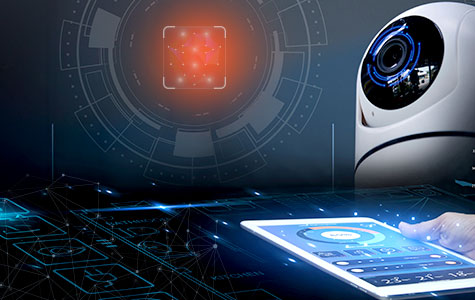




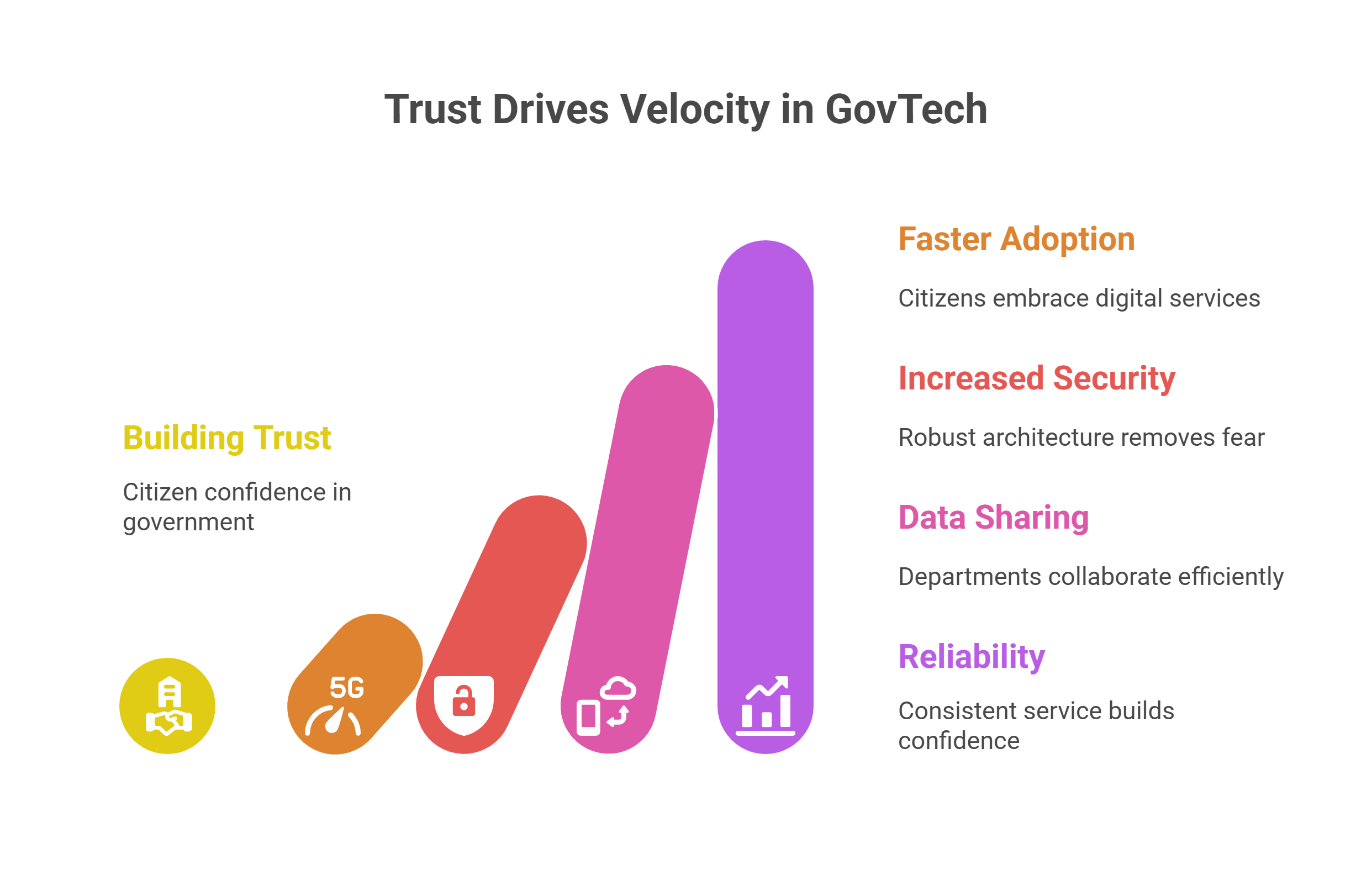
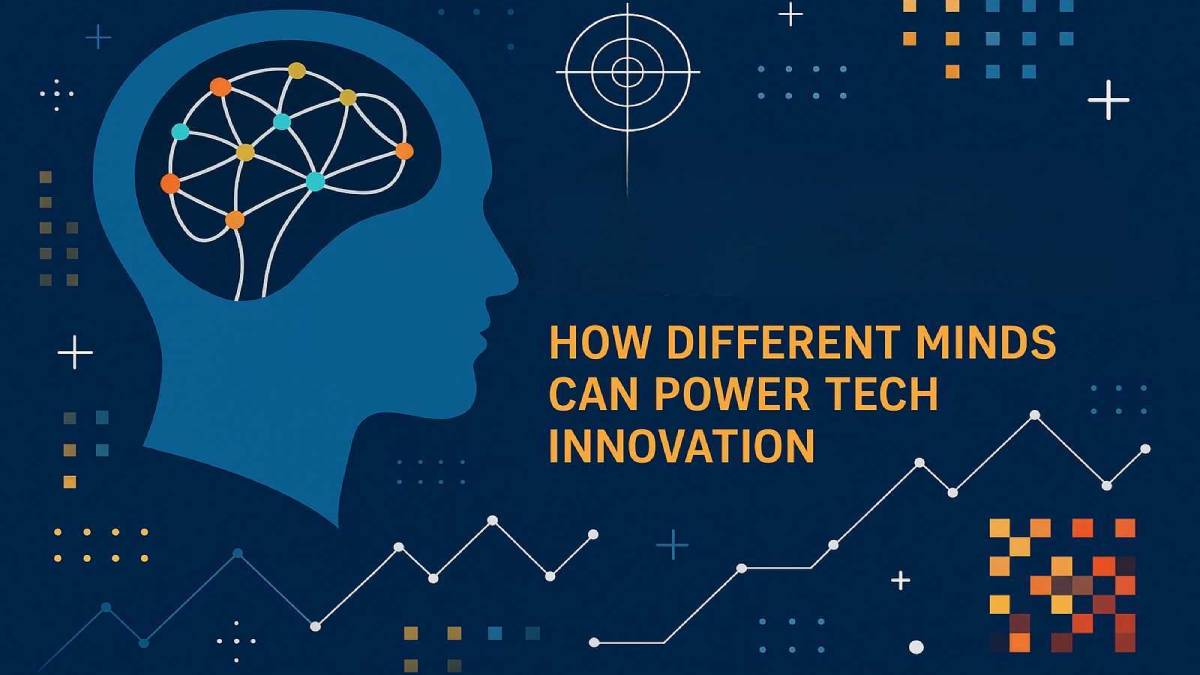
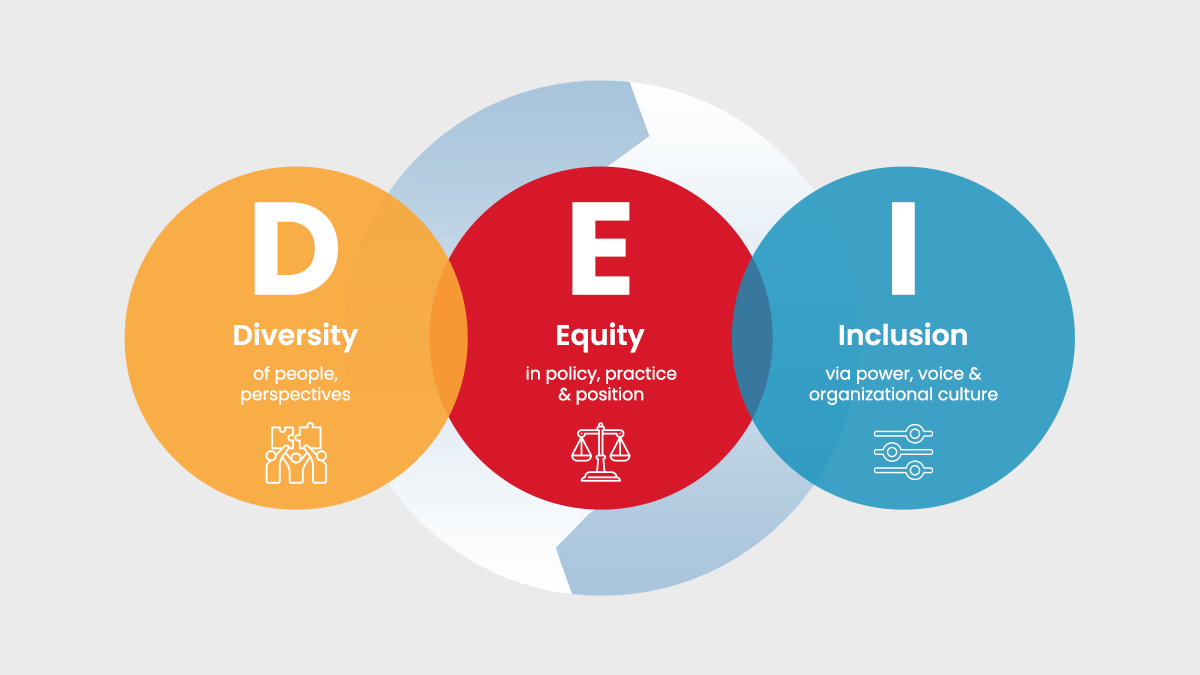


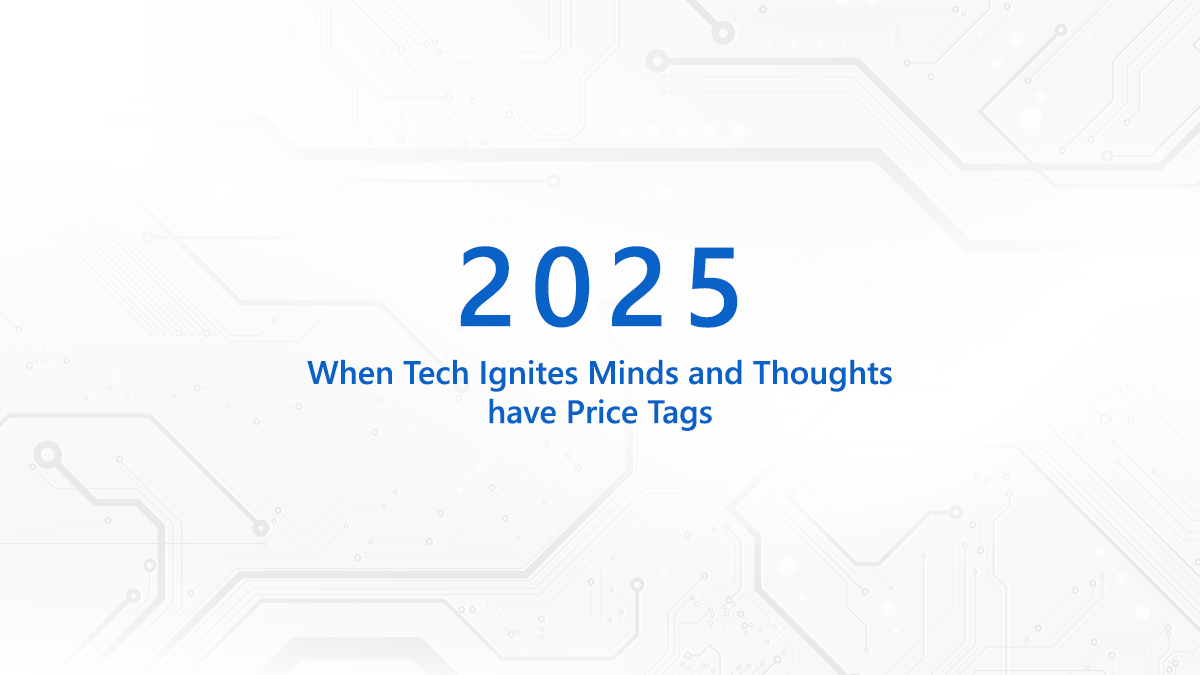

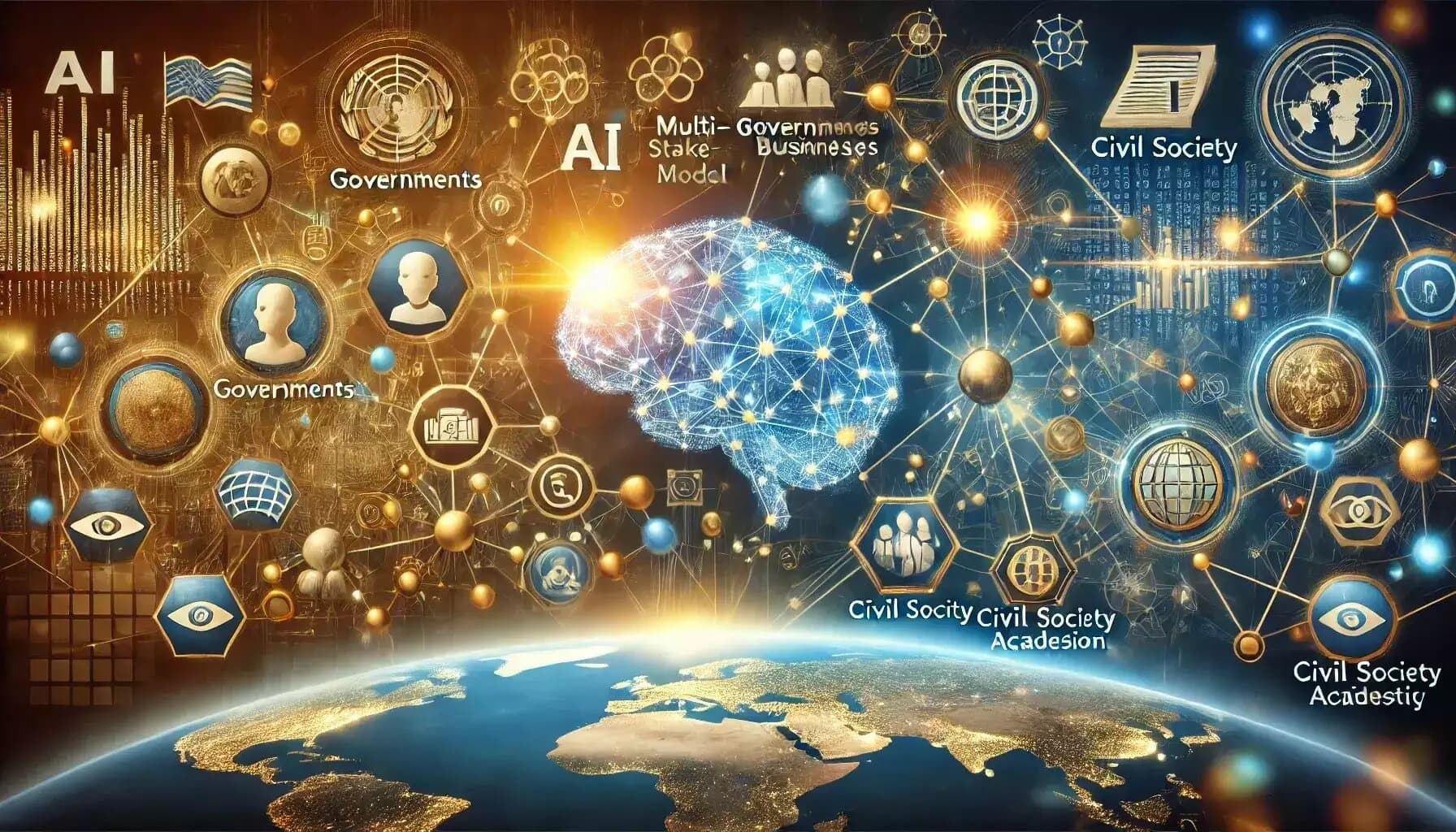






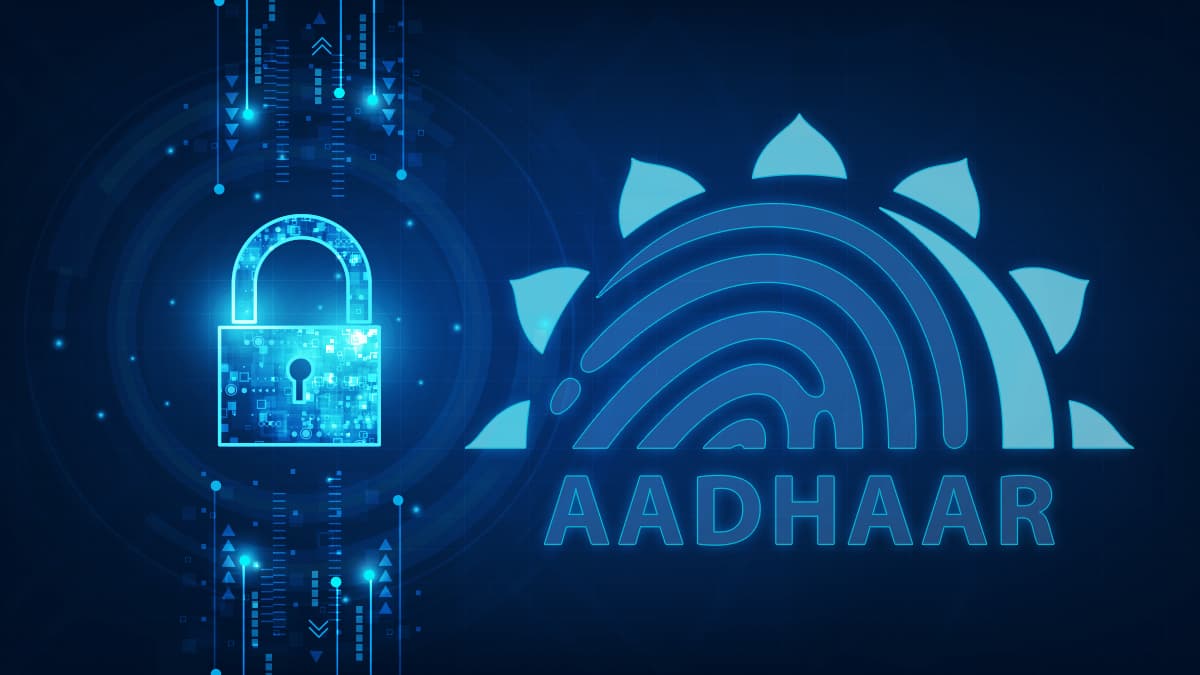
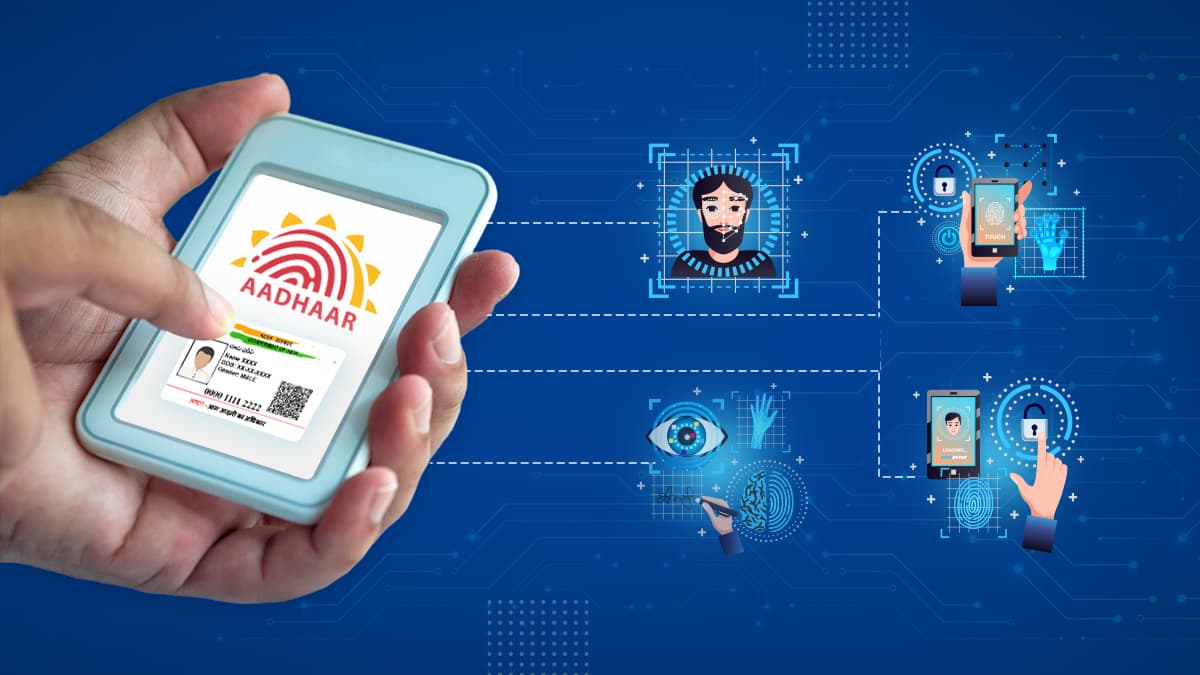


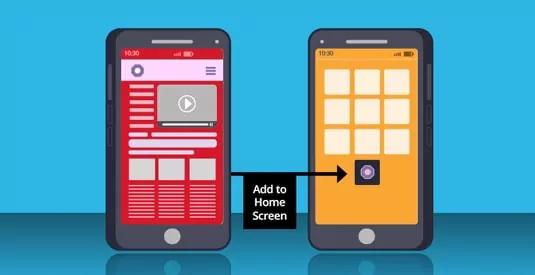

We will verify and publish your comment soon.